Staying charged up in today's fast-paced world has never been more essential, whether camping in the wilderness, dealing with power outage situations, or simply needing reliable power sources while out and about - portable power stations have quickly become one of the go-to solutions! In this article, we cover everything there is to know about them from their benefits, key features, types, types of use to usage tips.
What Are Portable Power Stations?
Portable power stations are portable rechargeable battery-powered devices designed to supply electricity on the go and provide power for electronic devices, including smartphones, laptops, cameras, and small appliances such as mini-fridges or CPAP machines. Unlike generators they're quiet, eco-friendly, and easy to use both indoors and outdoors - ideal solutions when camping!
Benefits of Portable Power Stations
One key advantage of portable power stations is their portability; designed for lightweight transportability and easy handling, portable devices make ideal power sources during travel, outdoor activities, or emergencies.
Environmentally Friendly: Portable power stations offer an eco-friendly alternative to gas generators. Their rechargeable batteries can often be charged using renewable sources like solar panels.
Versatility: These power stations feature multiple output ports (USB, AC, and DC) which allow multiple devices to be powered simultaneously - ideal for camping trips as well as home backup.
Quiet Operation: Portable power stations operate quietly, making them ideal for use in noise-sensitive settings like campsites or during power outages at nighttime.
User-Friendly Features: Portable power stations offer simple plug-and-play functionality, making them extremely user-friendly. Most models feature intuitive user interfaces with LCDs displaying battery level information, input/output status status as well as other essential data.
Key Features to Consider
When purchasing a portable power station, several features should be kept in mind when making the selection.
Battery Capacity: Battery capacity, measured in Watt-hours (Wh), indicates how much energy can be stored by your power station for later use by devices connected to it. A higher capacity means longer runtimes for devices attached.
Power Output: Evaluate the maximum wattage output provided by your power station and ensure it can handle the combined wattage requirements of all devices you plan to power simultaneously.
Recharge Methods: Consider all available recharge options when choosing a power station to purchase. Most power stations can be charged using AC outlets, car chargers, or solar panels - the latter two being especially advantageous when used outdoors for extended use.
Verify Port Availability: Review the available output ports to ensure there will be enough to charge all devices at once.
Weight and Size: Your needs dictate which power station model best meets them, with lightweight or compact models being best for travel while larger units might provide enough backup power for home backup purposes.
Durability: For outdoor power stations that will see frequent use, durability should be top of mind. Search for those that feature heavy construction as well as weather-resistant capabilities for the best experience.
Lithium-Ion Power Stations
Lithium-ion power stations are among the most widely-used portable power stations, popular due to their lightness, energy density, long lifespan, and balanced performance and affordability. They're popular because of these factors.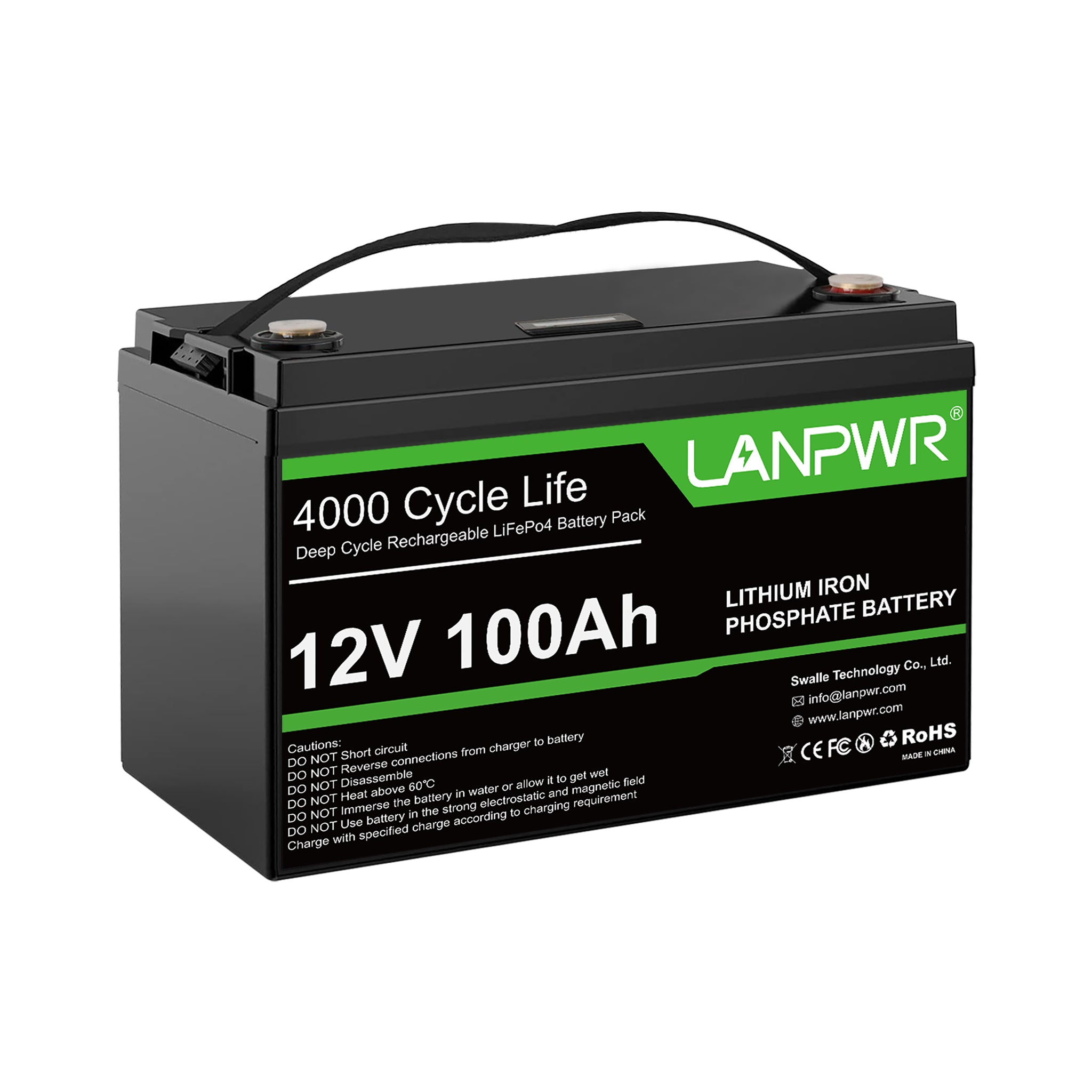
Lead-acid Power Stations: Though typically heavier and bulkier, lead-acid power stations can often prove cost-effective solutions when applied for heavy-duty applications where weight does not factor. They're most frequently employed where cost-effectiveness matters the most.
Solar Power Stations: Conceived as devices designed to rely mainly on solar panels for charging purposes, these power stations make perfect sense for eco-conscious consumers as well as anyone living off-grid for extended periods. Many come equipped with built-in charge controllers.
Utilization Tips
Understand Your Power Needs: Before leaving home, carefully calculate the wattage requirements of all the devices you will be using so your power station is capable of meeting its load.
Regular Maintenance: Keep your power station in tip-top condition by regularly charging it even when not being used; doing this helps avoid battery degeneration while cleaning its ports and vents will ensure optimal performance.
Optimize Your Usage: For maximum battery longevity and energy conservation purposes, utilize energy-efficient devices and appliances when selecting devices and appliances for use at your power station. When not required for usage, switch devices off to conserve power and conserve electricity usage.
Stay Informed: Familiarize yourself with the user manual and safety features of your power station to prevent misuse or accidents.
Summary
Portable power stations are convenient, eco-friendly devices that keep users powered up in various situations. By understanding their benefits, key features, and proper usage, it's easier than ever to make an informed decision and maximize its usage; whether you're an outdoor enthusiast, a frequent traveler, or prepared for emergencies; portable power stations make an invaluable addition to any gear kit.

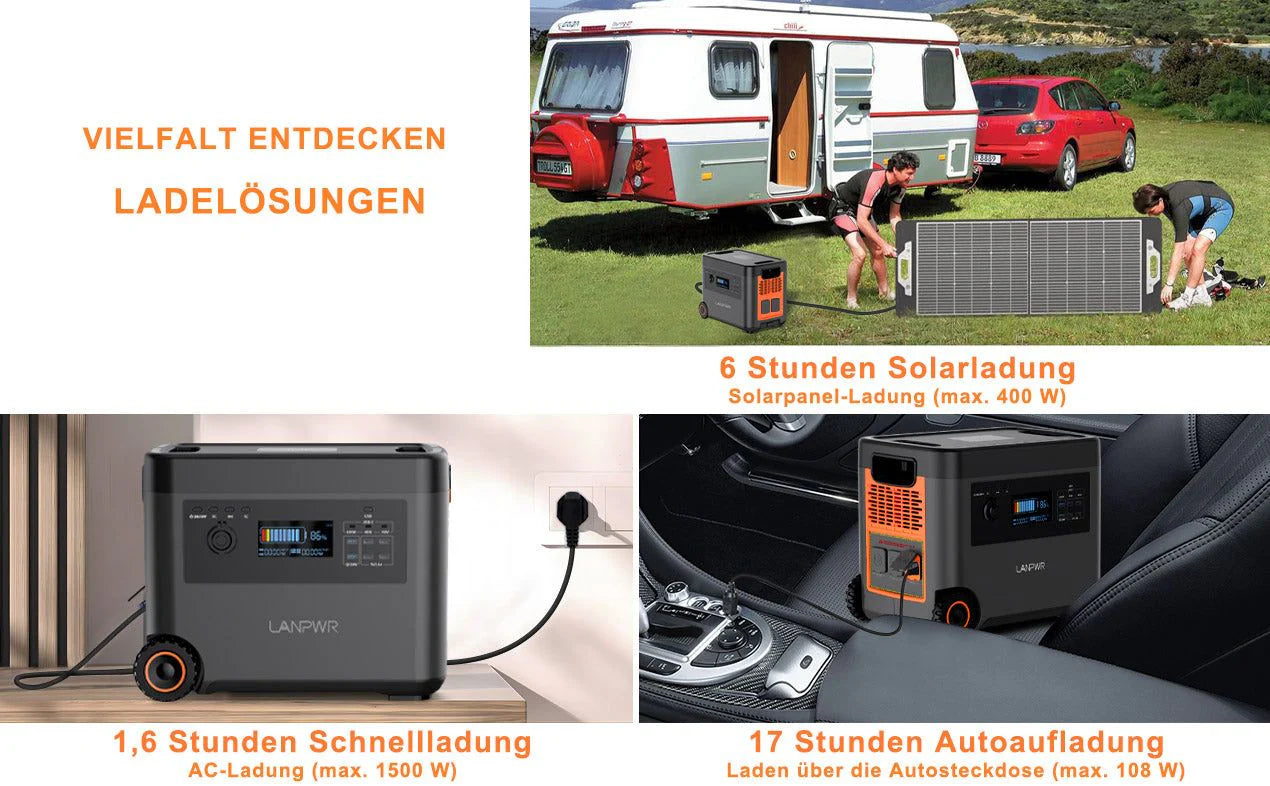

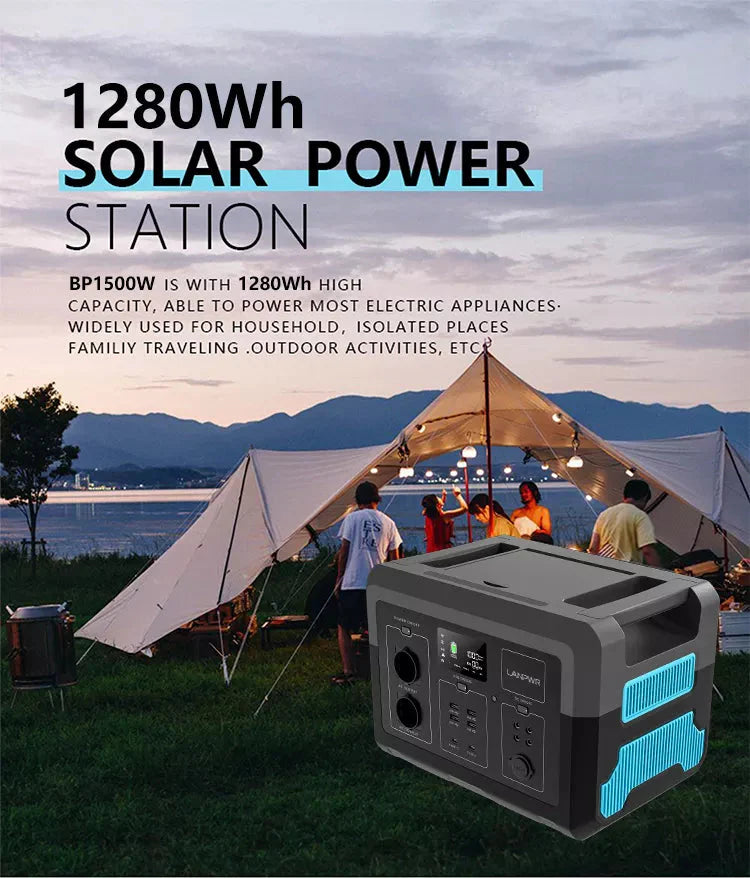
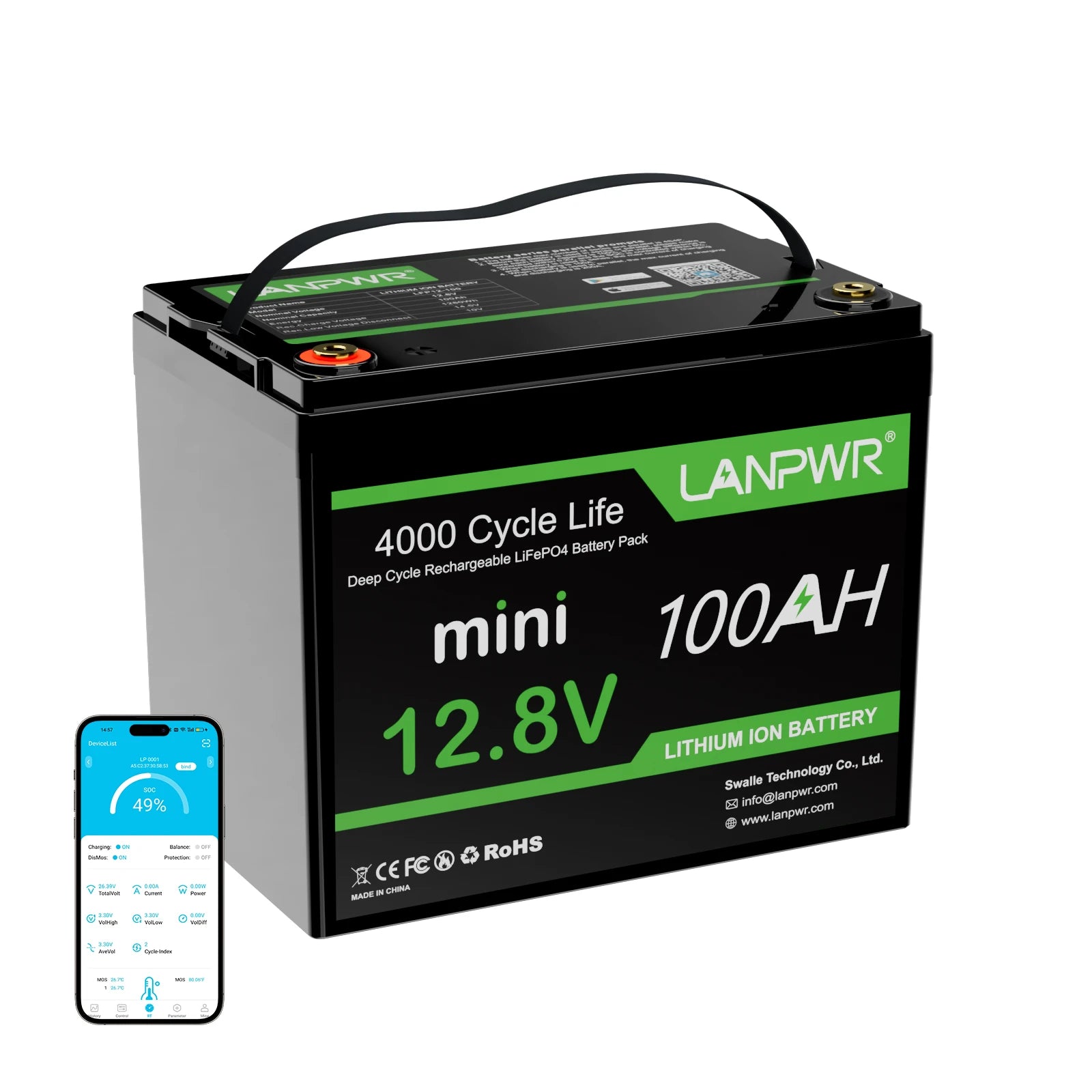

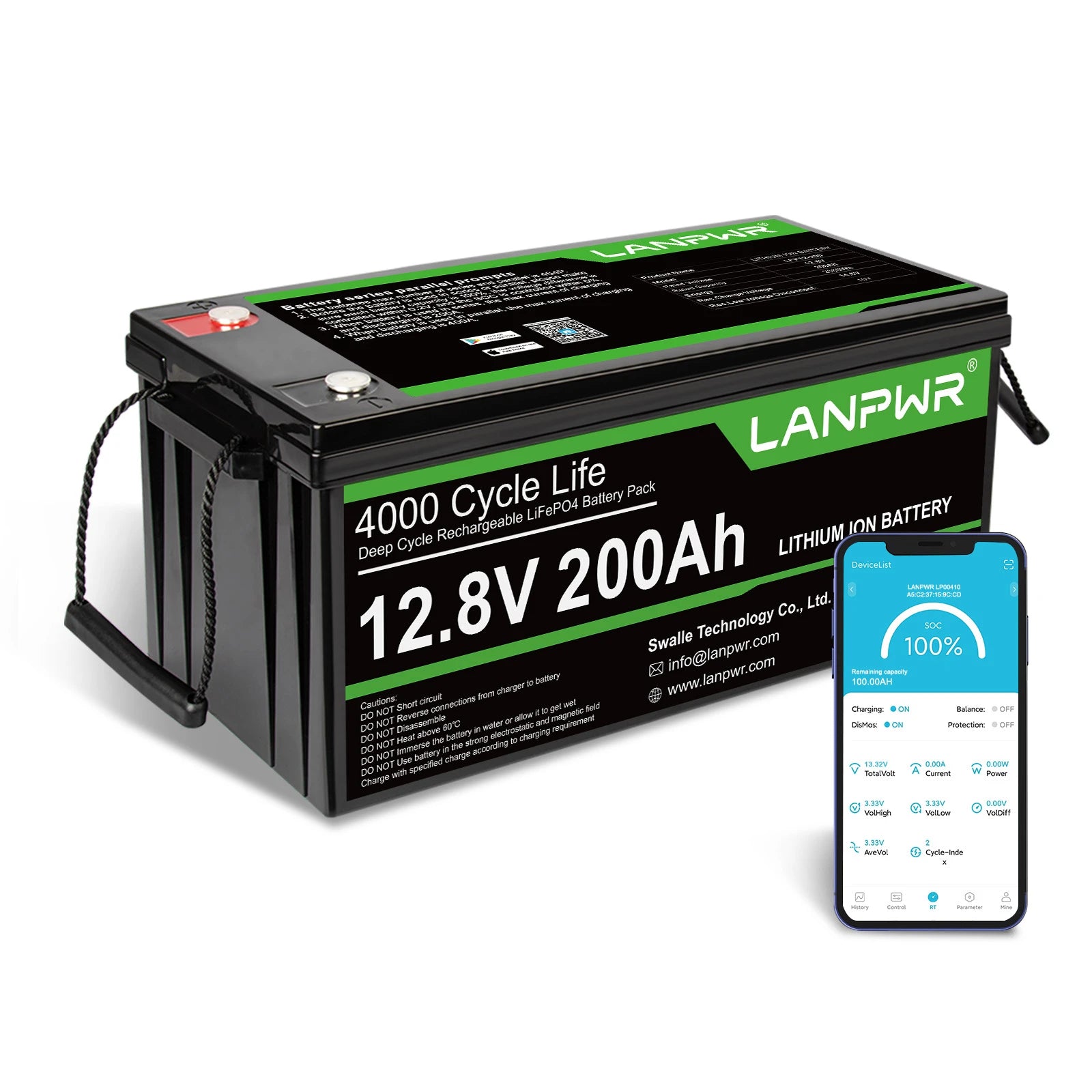
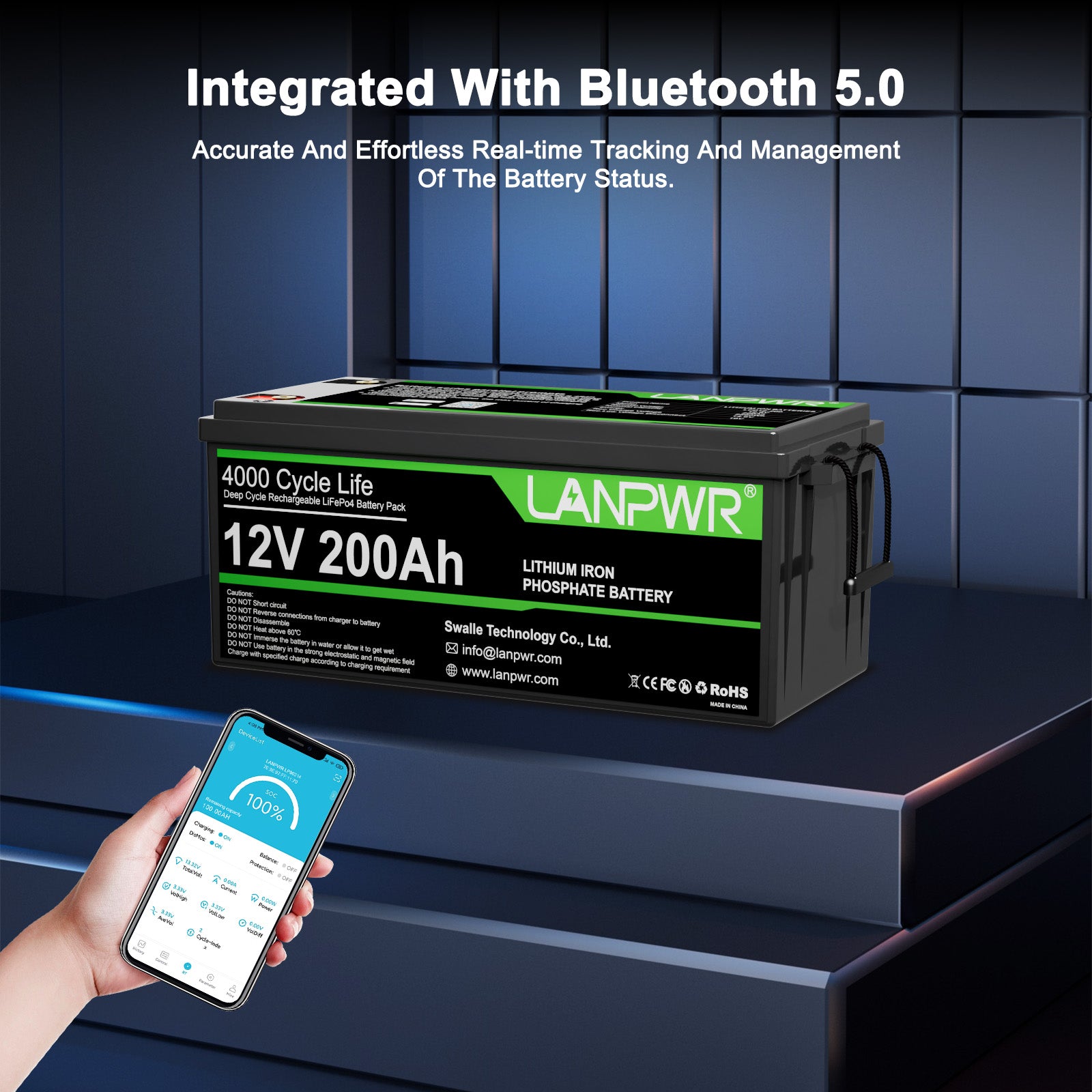
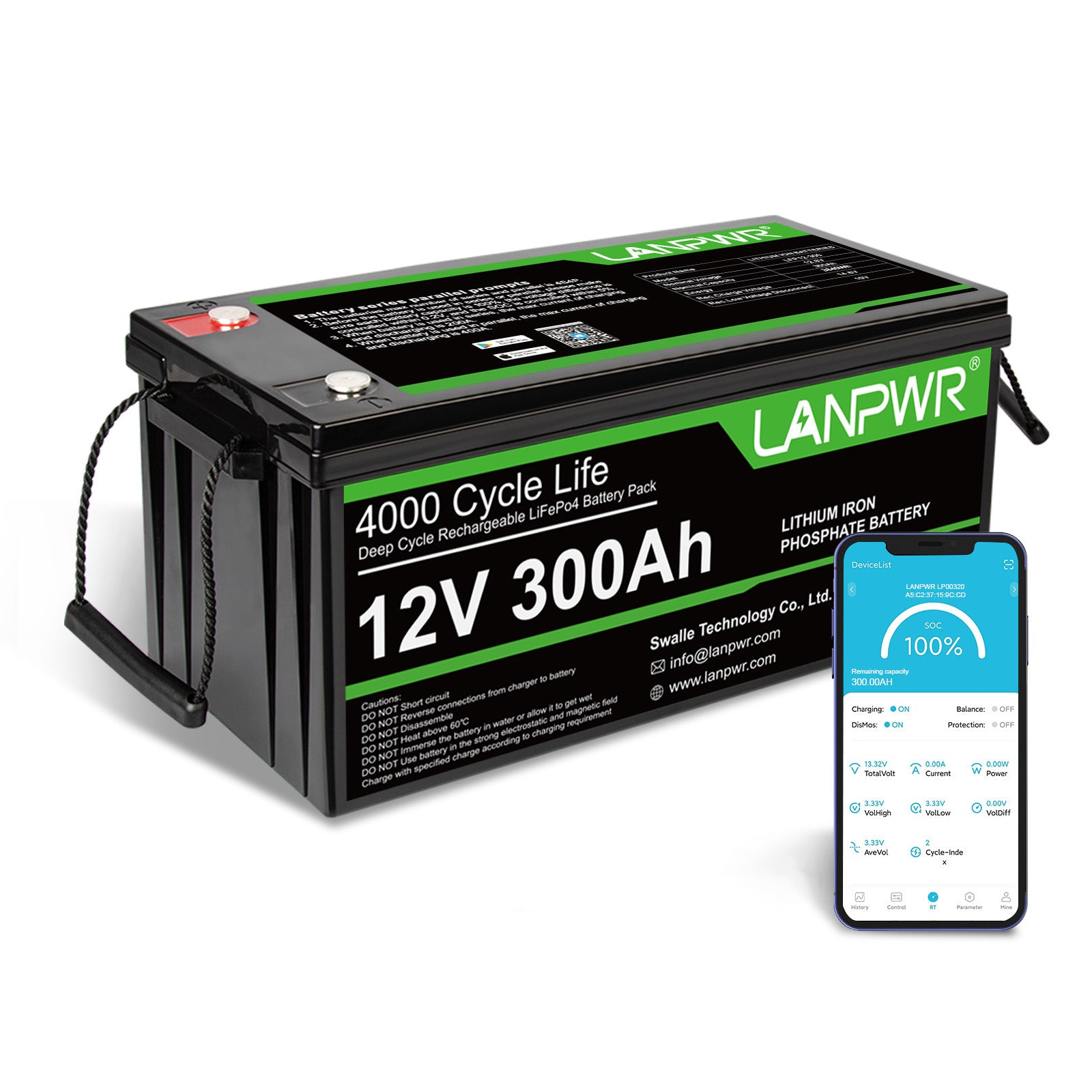
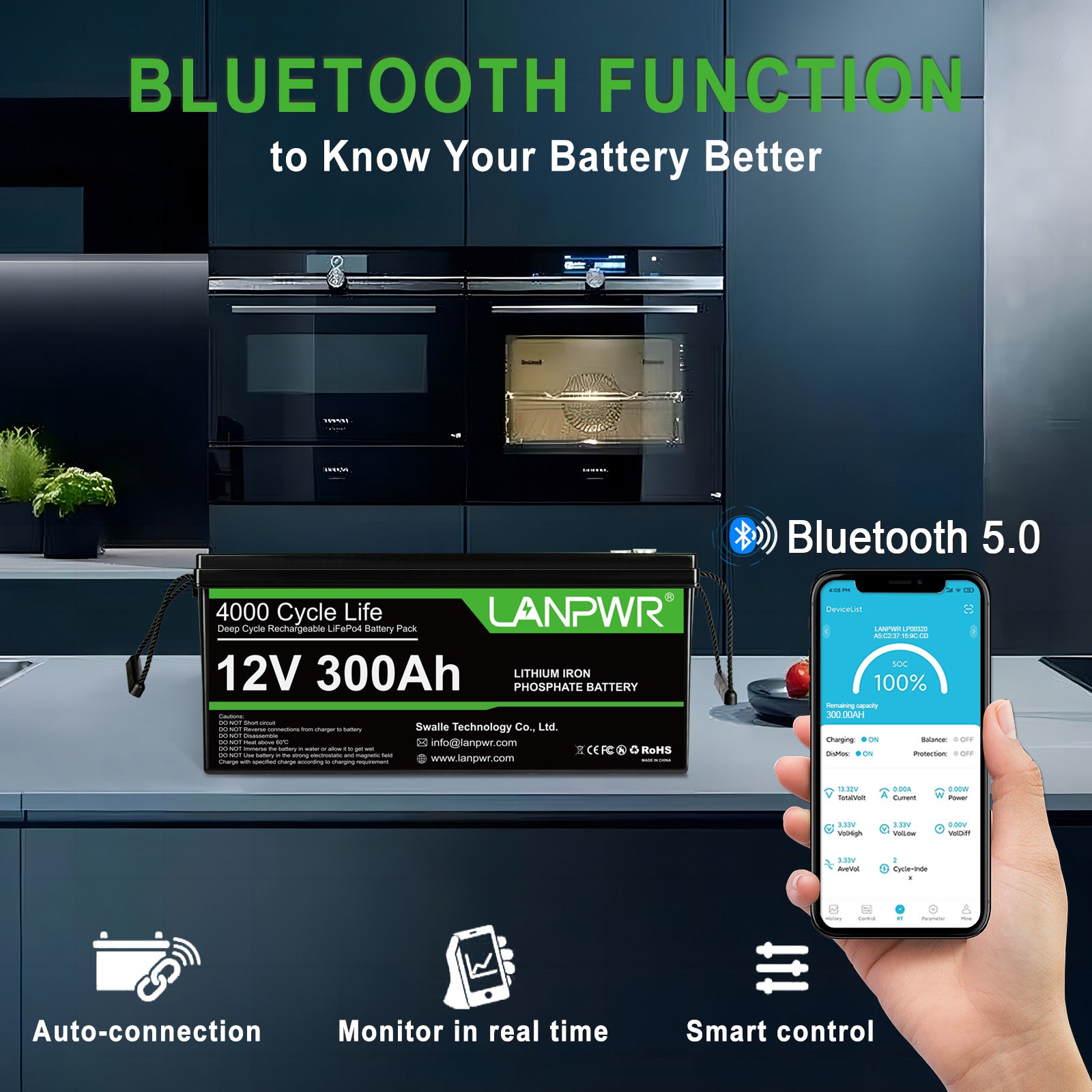
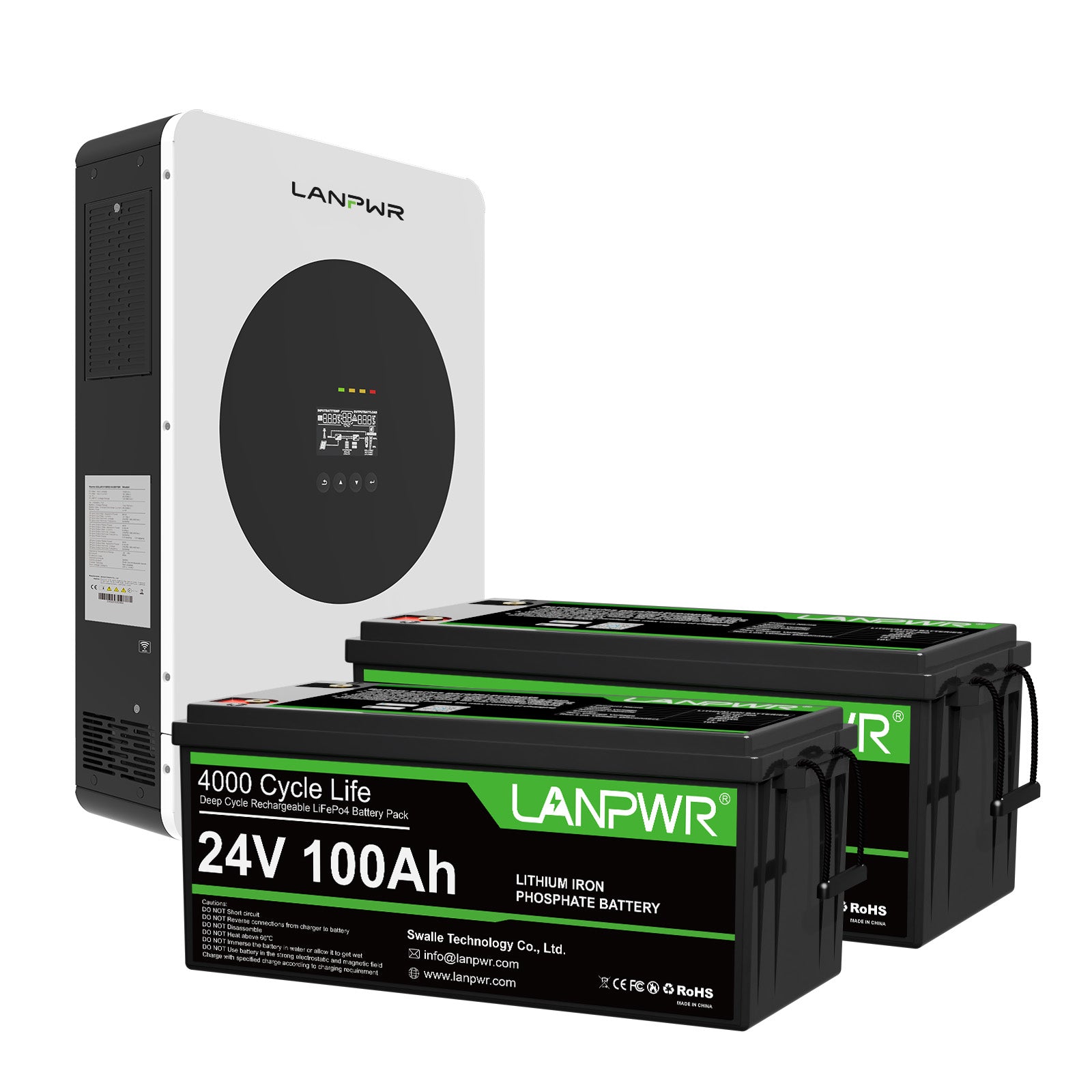
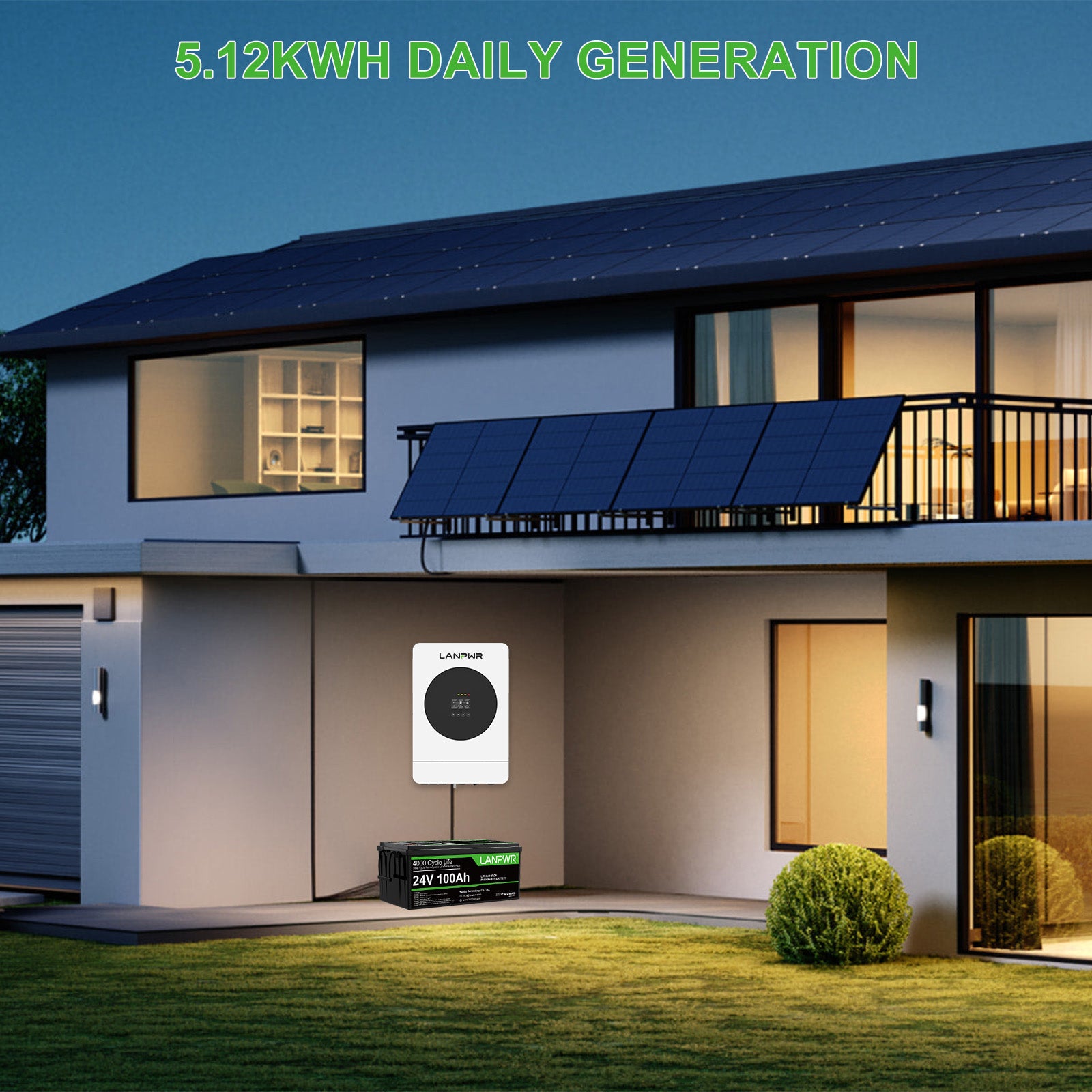
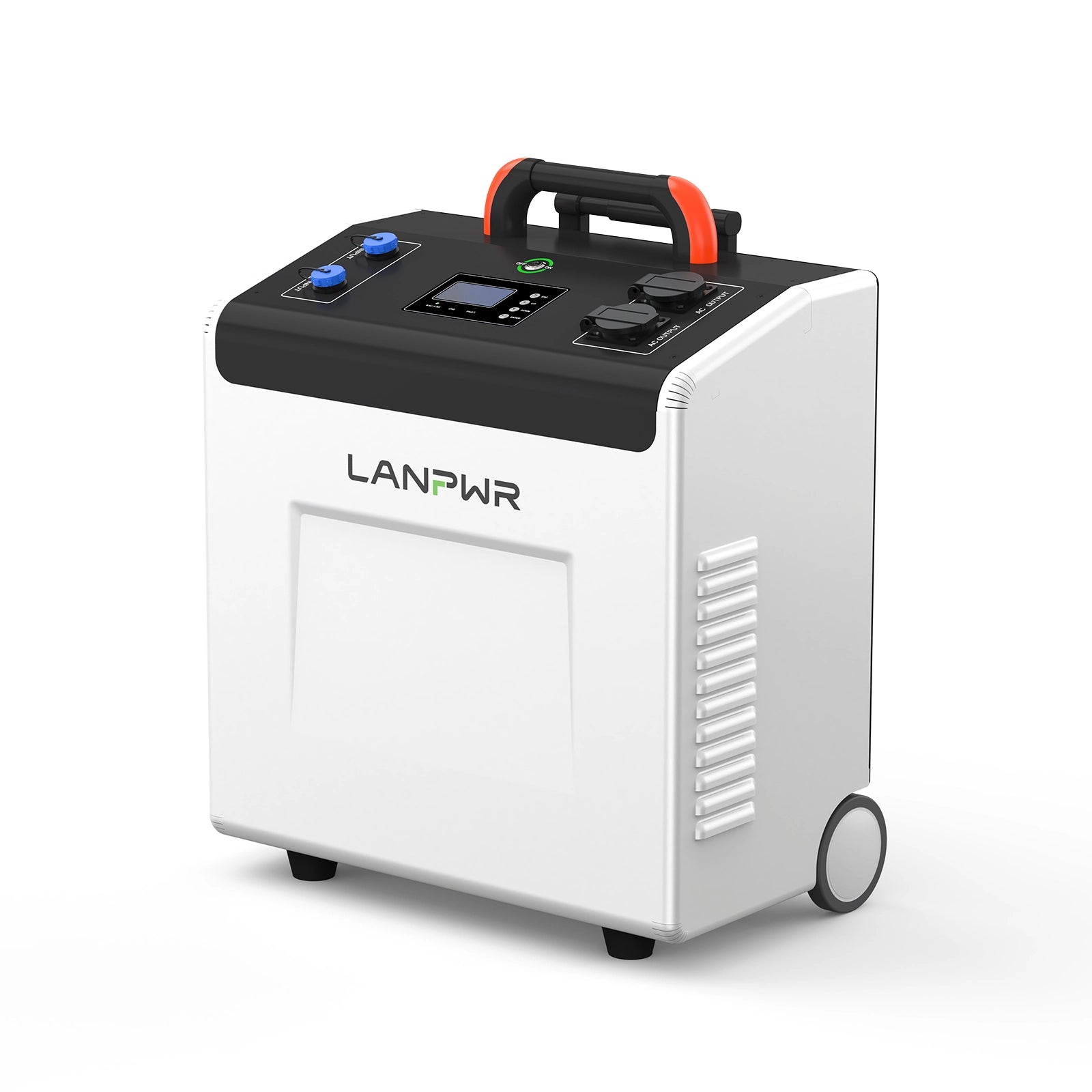
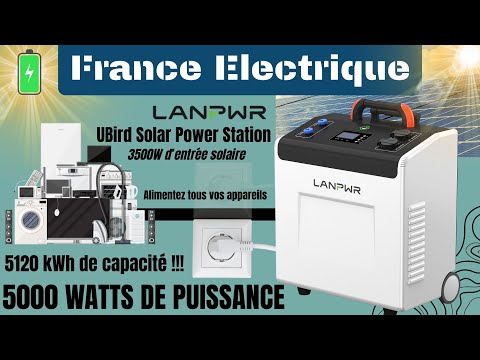
Leave a comment
This site is protected by hCaptcha and the hCaptcha Privacy Policy and Terms of Service apply.